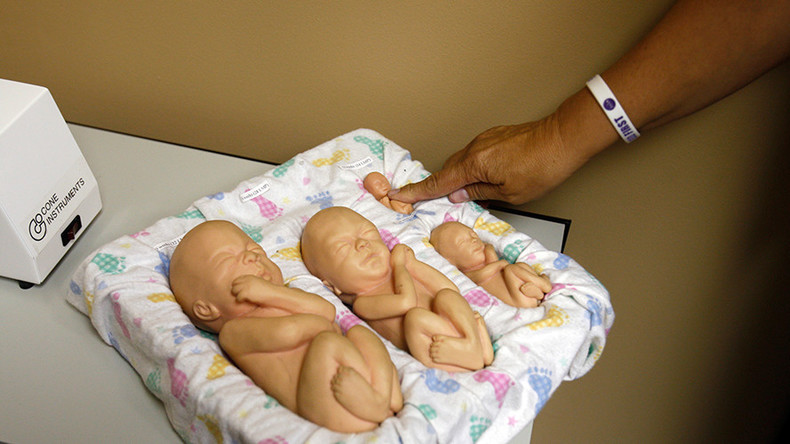When Does A Baby Develop Heartbeat
When Does A Baby Develop Heartbeat - One of the most exciting moments for any expectant parent is when they hear their baby's heartbeat for the first time. But when does a baby actually develop a heartbeat? Recent studies have shown that the first heartbeat of a developing fetus can be detected as early as 16 days after conception. In this post, we will explore the development of a baby's heartbeat, what factors can affect it, and how expectant parents can monitor it throughout their pregnancy.
What is a fetal heartbeat?
How does it develop?
A fetal heartbeat, also known as a fetal heart tone, is the sound made by the heart of a developing fetus. The heart of a developing fetus starts to form very early in pregnancy, around the third week after conception. At this early stage, the heart is just a tube-like structure that is pumping blood around the body. Over time, the heart undergoes a series of complex changes and developments to become a fully-functioning organ capable of sustaining life outside of the womb.
When is a fetal heartbeat first detectable?
The first fetal heartbeat can be detected as early as 16 days after conception through a technique called transvaginal ultrasound. However, it is more common for the heartbeat to be detected at around 6 weeks of pregnancy, which is when most women have their first prenatal appointment. At this stage, the heart is a fully-formed organ and is beating at a rate of around 100-160 beats per minute.
Factors that can affect fetal heartbeat
Maternal health
A mother's health can have a significant impact on the development of her baby's heartbeat. Poor maternal health, such as smoking or drinking alcohol during pregnancy, can increase the risk of fetal heart abnormalities or even miscarriage. It is important for expectant mothers to prioritize their own health and well-being in order to give their baby the best chance at a healthy pregnancy and birth.
Fetal health
The developing fetus can also be affected by factors that are outside of the mother's control. Genetic abnormalities, infections, or other complications can all impact the development of the fetal heartbeat. Regular prenatal check-ups and ultrasounds can help to identify any potential issues early on so that appropriate measures can be taken to support the health of the baby.
How to monitor fetal heartbeat during pregnancy
Through ultrasound
The most common way to monitor the fetal heartbeat during pregnancy is through ultrasound. An ultrasound is a noninvasive imaging technique that uses high-frequency sound waves to create images of the developing fetus. During an ultrasound, the technician can measure the baby's heart rate and check for any abnormalities or irregularities.
With a fetal doppler
Another option for monitoring the fetal heartbeat is with a fetal doppler. A fetal doppler is a handheld device that uses sound waves to detect the fetal heartbeat. This device is safe for home use and can be purchased by expectant parents who want to monitor their baby's heartbeat regularly. However, it is important to note that the fetal doppler should not be used as a substitute for regular prenatal care.
Tips for a healthy pregnancy and strong fetal heartbeat
Eat a healthy diet
A healthy diet rich in nutrients can help to support the growth and development of the fetus. Expectant mothers should focus on eating a variety of fruits, vegetables, lean proteins, and whole grains to ensure that their baby is getting all of the necessary nutrients.
Exercise regularly
Moderate exercise during pregnancy can help to improve circulation and support the health of the fetus. It is important to discuss any exercise plans with a healthcare provider before beginning a new exercise routine.
Get regular prenatal care
Regular prenatal care is crucial for monitoring the health of both the mother and the developing fetus. Expectant mothers should attend all scheduled prenatal appointments and follow any recommendations made by their healthcare provider.
Reduce stress
Stress can have a negative impact on both the mother and the developing fetus. Expectant mothers should prioritize self-care and stress-reducing activities, such as yoga or meditation, to support a healthy pregnancy.
Stop smoking and limit alcohol intake
Smoking and excessive alcohol intake can have serious negative effects on the developing fetus, including impacting the development of the fetal heartbeat. Expectant mothers should avoid smoking and limit alcohol intake during pregnancy to ensure the best possible outcome for their baby.
Conclusion
Monitoring the fetal heartbeat is an important aspect of pregnancy care, and there are many tools and resources available to expectant parents to support this. By prioritizing their own health and wellbeing, eating a healthy diet, getting regular prenatal care, and reducing stress, expectant mothers can help to ensure a strong and healthy fetal heartbeat throughout their pregnancy.



View more articles about When Does A Baby Develop Heartbeat
Post a Comment for "When Does A Baby Develop Heartbeat"